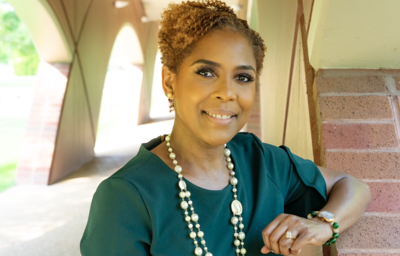During a patient encounter in the Spring of 2021, I asked if Patient X had received his COVID-19 vaccine. Patient X replied “no” and stated he did not trust the vaccine. He also believed it was produced too quickly.
A few months later Patient X was diagnosed with COVID and was admitted to a hospital for a prolonged stay requiring oxygen, steroids, and other supportive measures. Upon discharge, Patient X still required oxygen 24 hours a day and needed assistance from family and home health.
Six months post hospitalization, Patient X still needs oxygen at night, has not gone back to work, and is struggling financially. However, Patient X is now willing to be vaccinated.
Stories like this are daily occurrences in my practice. In some cases, however, even after a COVID hospitalization, some patients refuse vaccination. I often ask if there are questions I could answer for them. Often, there are none. Some admit they have no good reasons for declining the immunization.
Since the pandemic began, I have done multiple webinars for churches and civic organizations about the vaccine and myths surrounding it. I have made videos, posted on social media, and have made PSAs for radio. I have explained the science behind the vaccine’s development. I have discussed the side effects. I have also shared horror stories seen by my colleagues.
Recently, I spoke at a small church in North St. Louis. I participated in a panel with two brilliant infectious disease doctors. While they shared statistics and explained how the mRNA science works, I tried an old-fashioned common-sense approach. I asked the audience to raise their hands if they had polio. No one raised a hand My response: “exactly, vaccines work!
It has been over 300 years since the first vaccine was discovered. In the late 18th century, the smallpox vaccine was developed. Edward Jenner was the first person to use a scientific approach to protect against smallpox. His method involved taking fluid from a blister of someone infected with smallpox and injecting it into an uninfected person.
Gratefully, better methods were developed, and smallpox was eradicated. Over the years, technology and scientific knowledge improved which in turn, helped to decrease adverse effects of immunizations.
Immunizations have been around a long time. Immunizations help keep us from getting sick when we eat at restaurants (hepatitis A). Immunizations keep us from getting chicken pox (varicella). Though infection with COVID-19 is possible with the vaccine, the chances of death and hospitalization are much lower.
I must also point out that the sequelae of COVID infection must be considered. Chronic heart and lung problems, mental fogginess, and fatigue are just a few of the “long-COVID” symptoms. Furthermore, many companies are increasing the insurance premiums on non-vaccinated current employees as well as not considering non-vaccinated applicants for employment.
This pandemic will ripple through our health system and economy for years to come. The decisions we make today will have lasting effects on our families. Please consider that when deciding whether to vaccinate or not.
Denise Hooks-Anderson, M.D., FAAFP is associate Professor SLUCare Family Medicine and interim assistant dean of diversity equity and inclusion.


















(0) comments
Welcome to the discussion.
Log In
Keep it Clean. Please avoid obscene, vulgar, lewd, racist or sexually-oriented language.
PLEASE TURN OFF YOUR CAPS LOCK.
Don't Threaten. Threats of harming another person will not be tolerated.
Be Truthful. Don't knowingly lie about anyone or anything.
Be Nice. No racism, sexism or any sort of -ism that is degrading to another person.
Be Proactive. Use the 'Report' link on each comment to let us know of abusive posts.
Share with Us. We'd love to hear eyewitness accounts, the history behind an article.